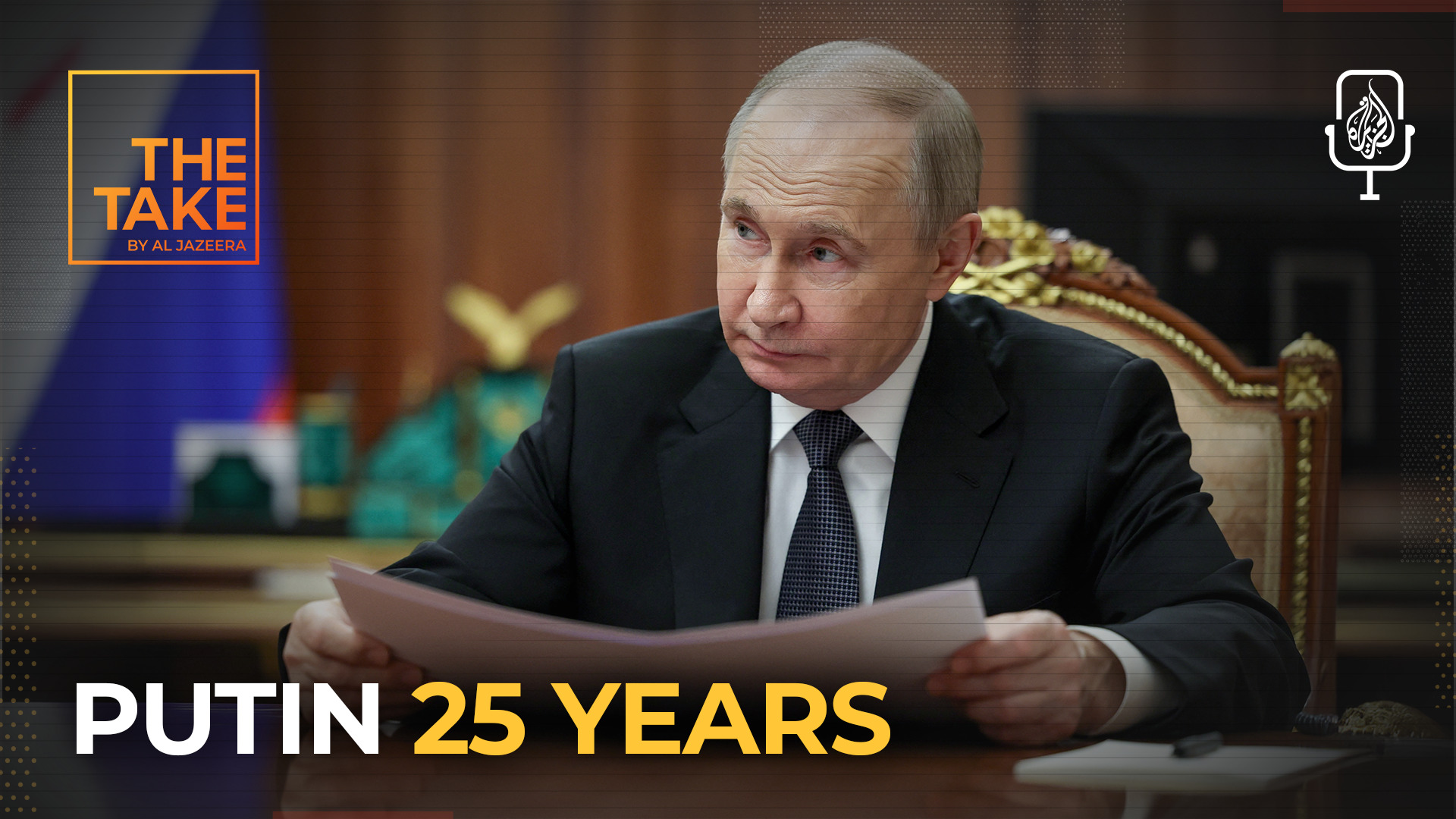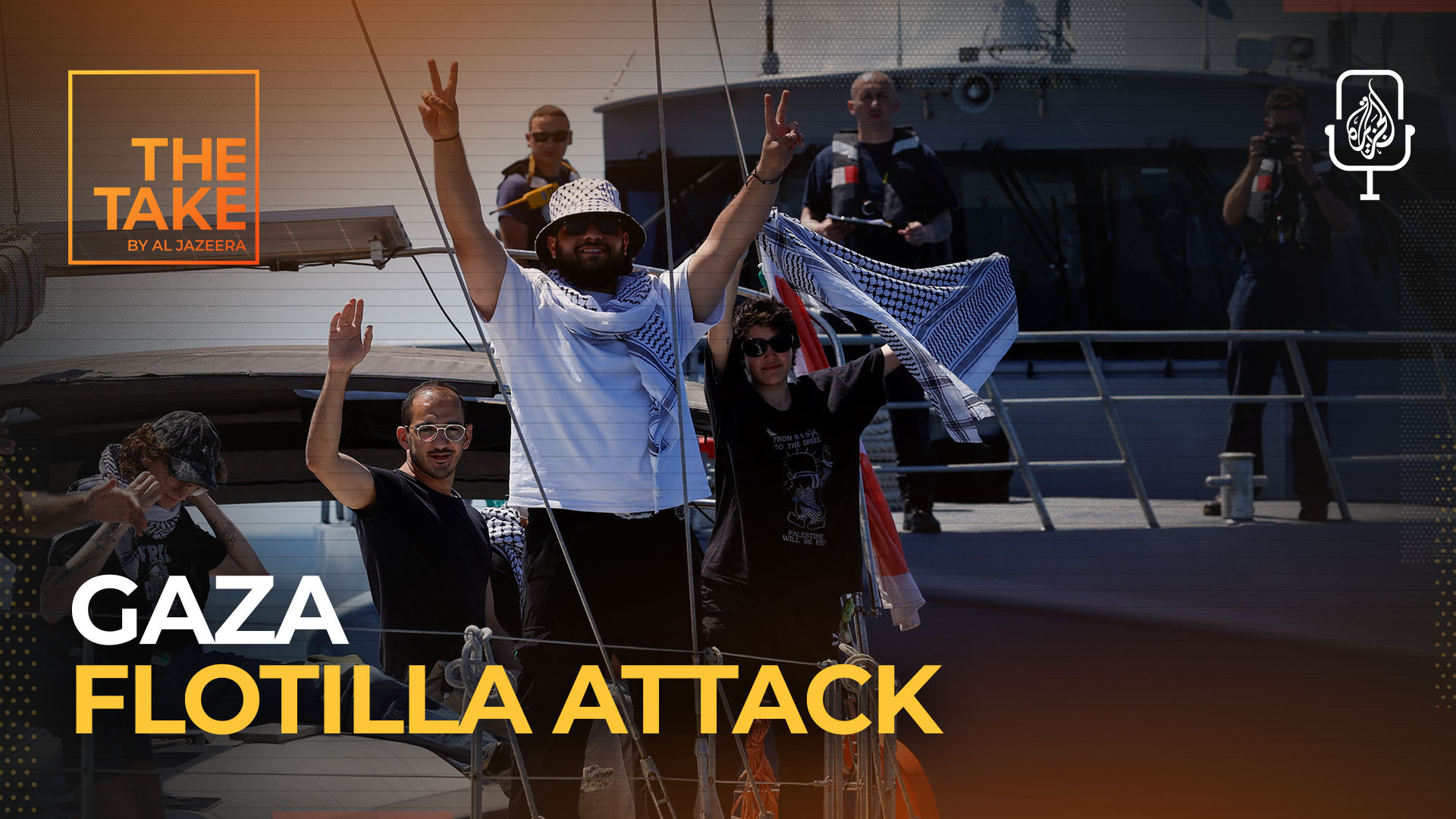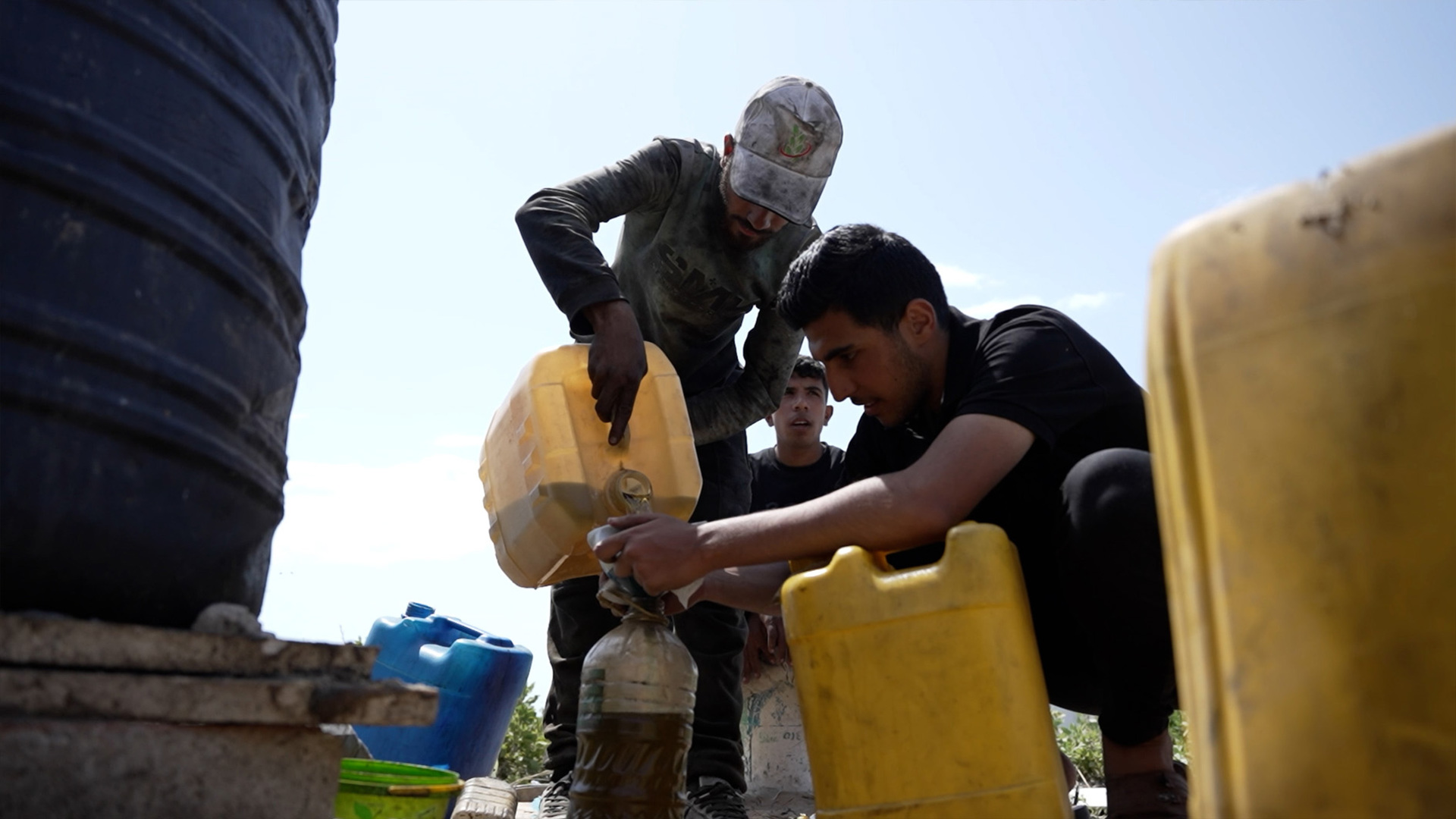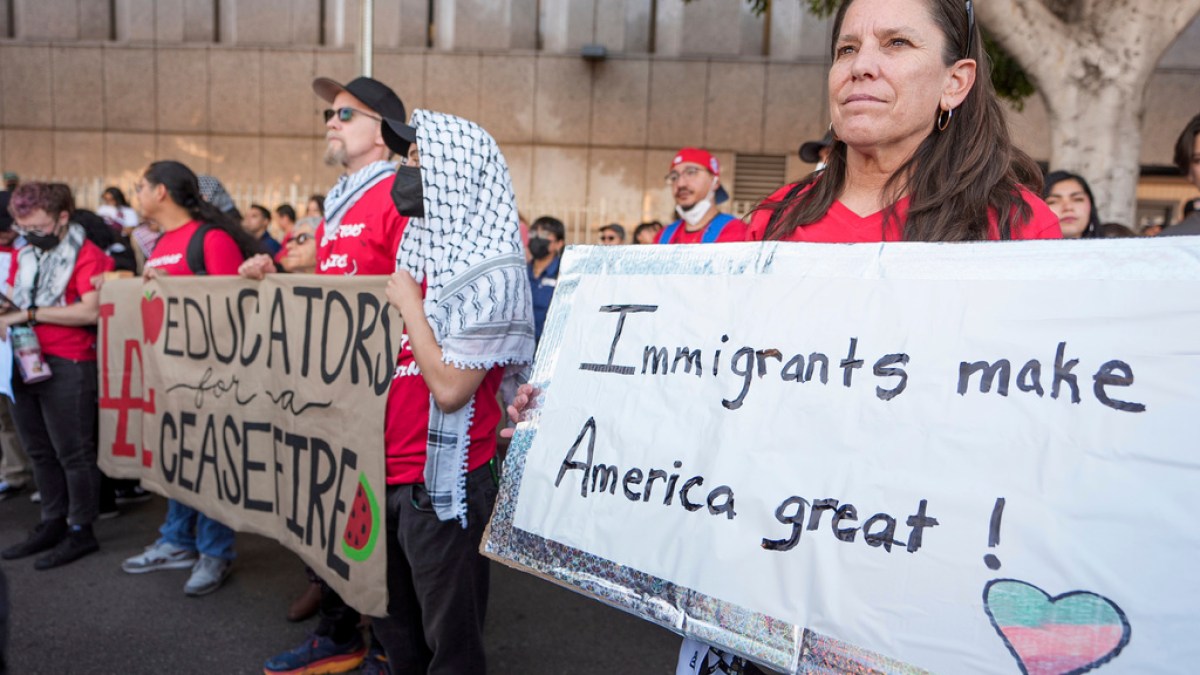How has Russia’s leader maintained his longevity – and how has it shaped the world?
25 years of Putin: what can we expect next?


How has Russia’s leader maintained his longevity – and how has it shaped the world?

Drones struck a Freedom Flotilla ship carrying aid bound for Gaza. Organisers believe Israel was behind the attack.

Drones struck a Freedom Flotilla ship carrying aid bound for Gaza. Organisers believe Israel was behind the attack.

Amid Gaza’s worsening fuel crisis under the Israeli blockade, Palestinians are converting plastic into diesel to try and keep essential services running. The production process is dangerous to humans and vehicles alike.

Amid Gaza’s worsening fuel crisis under the Israeli blockade, Palestinians are converting plastic into diesel to try and keep essential services running. The production process is dangerous to humans and vehicles alike.

IAuthorities in Libya, a country still divided after years of civil war, have denied reports that they will receive undocumented migrants deported by the United States.
The Reuters news agency reported on Wednesday that deportation flights from the US to the North African country could begin this week, despite previous government reports raising alarm over unsafe conditions there.
The National Unity government, which controls western Libya, said in a statement that it rejected the use of its territory as a destination for deporting migrants without its knowledge or consent.
“The Government of National Unity categorically denies any agreement or coordination with US authorities regarding the deportation of migrants to Libya,” it said in a statement.
Haftar’s Libyan National Army, which controls eastern Libya, also rejected the report, saying that migrants “will not be received through airports and ports secured by the Armed Forces, and that this is completely false and we cannot accept it at all.”
The report by Reuters, which cites three anonymous US officials, says that the US military could fly migrants to Libya for detention as soon as Wednesday, but notes that those plans are subject to change. The number and nationality of the migrants who could be deported are unknown.
The administration of US President Donald Trump has sought out third countries where it can deport and detain undocumented immigrants, part of a larger push to enact the administration’s hard-right vision of immigration enforcement.
And on April 30, Secretary of State Marco Rubio announced at a cabinet meeting at the White House that the US was requesting that countries take its undocumented migrants.
“We are working with other countries to say: We want to send you some of the most despicable human beings, will you do this as a favour to us?” Rubio said. “And the further away from America, the better.”
Authorities in Libya have long been willing and controversial partners in immigration enforcement, collaborating with the European Union to intercept and detain migrants and refugees attempting to cross the Mediterranean to reach Europe.
A 2022 statement from the human rights watchdog Amnesty International says that “men, women and children returned to Libya face arbitrary detention, torture, cruel and inhuman detention conditions, rape and sexual violence, extortion, forced labour and unlawful killings”.
The US government itself has also documented unsafe conditions in Libya, with a report released last year by the Department of State noting “harsh and life-threatening prison conditions” and “arbitrary arrest and detention”.
Such conditions have not deterred the Trump administration from sending undocumented immigrants to prisons known for abusive conditions in countries like El Salvador, sometimes based on unsubstantiated allegations of gang affiliation and without due process.
The practice of third countries entering into agreements with Western nations to warehouse undocumented migrants and asylum seekers is also not entirely new.